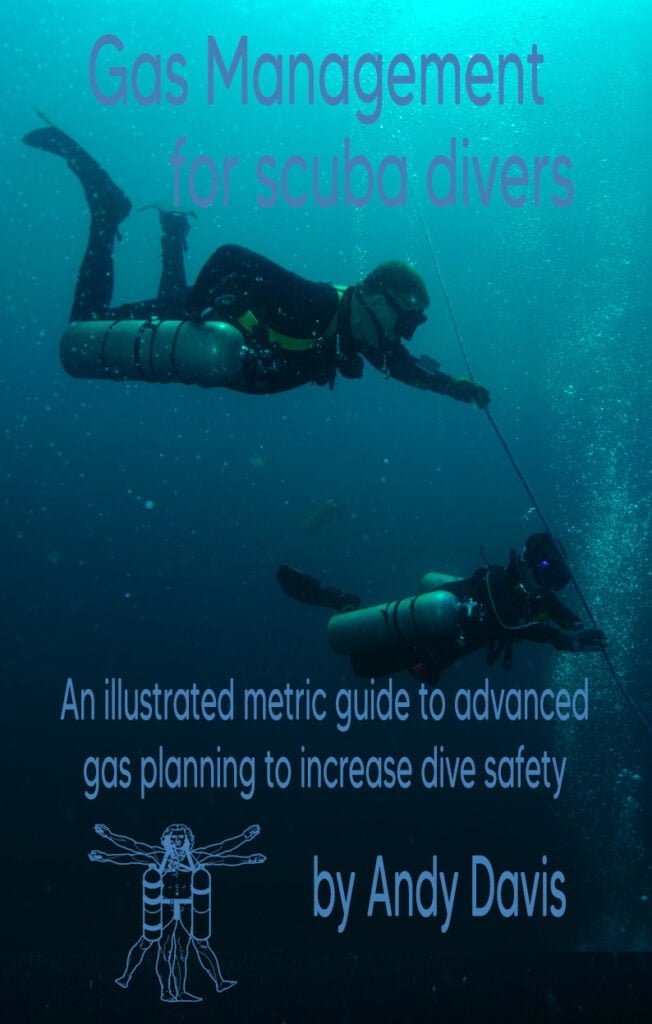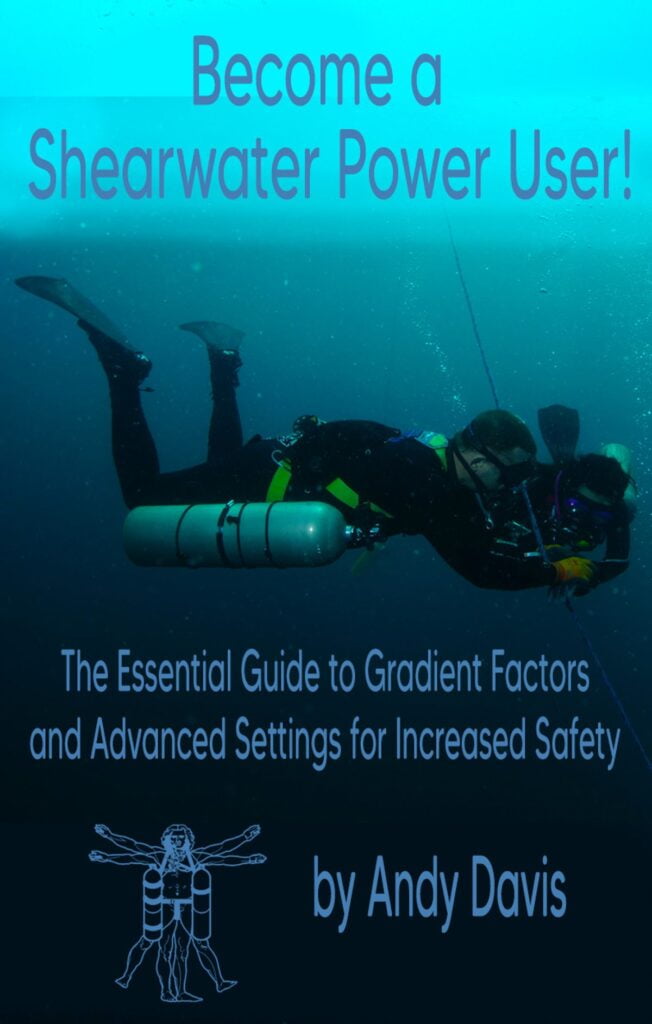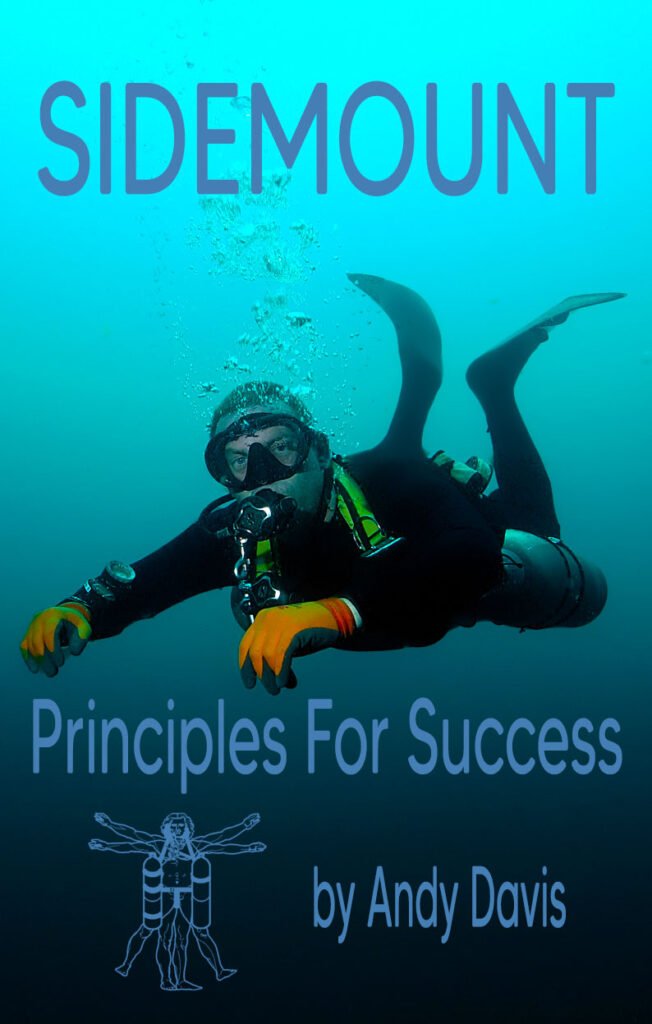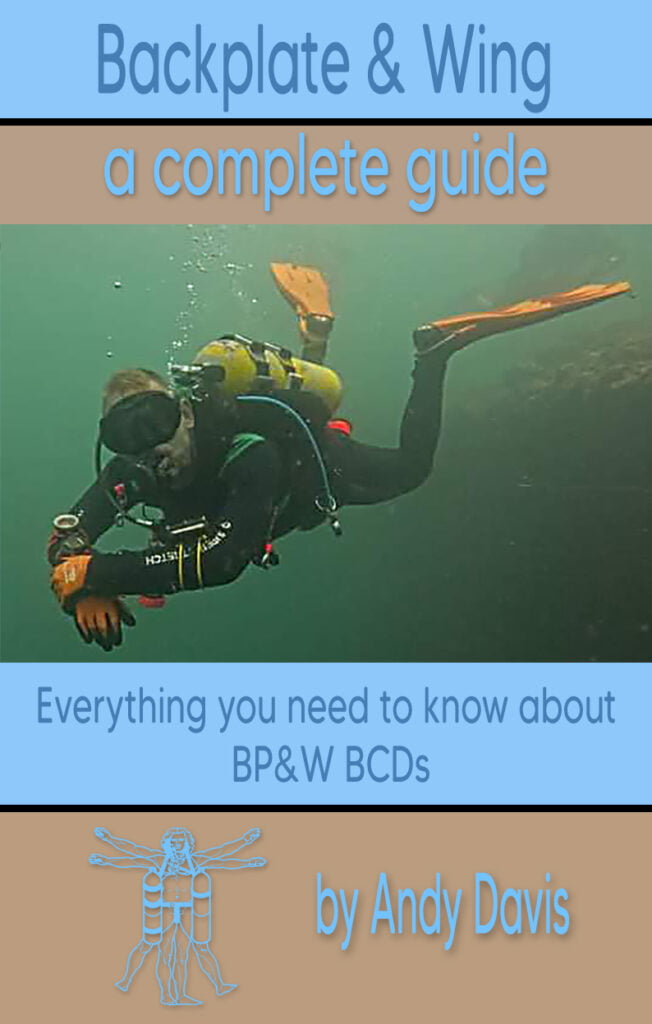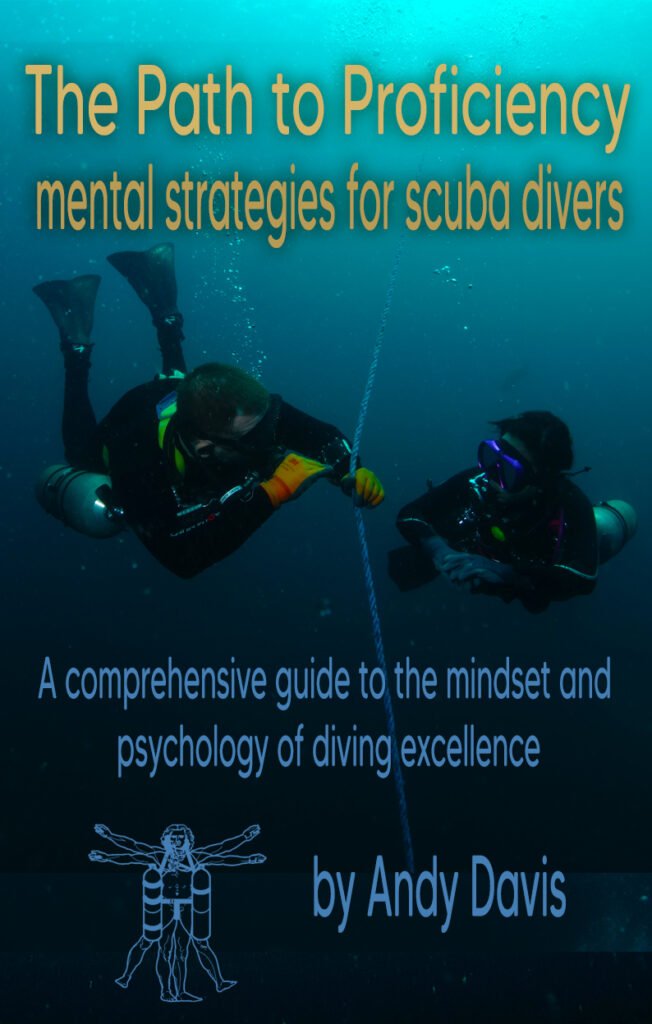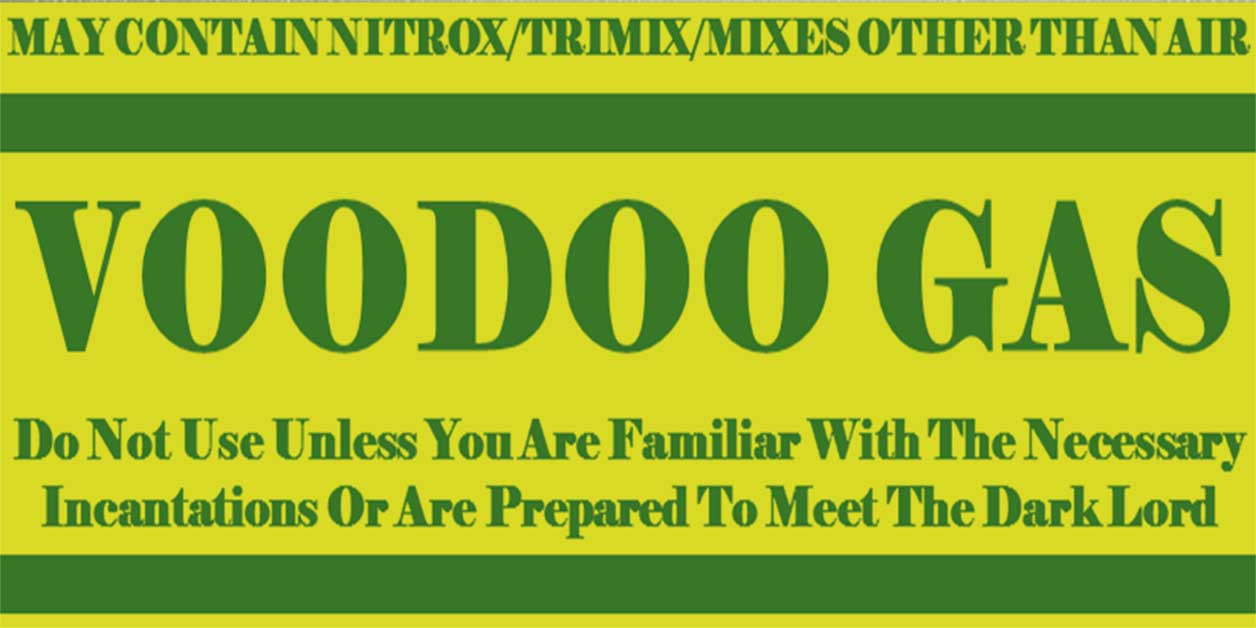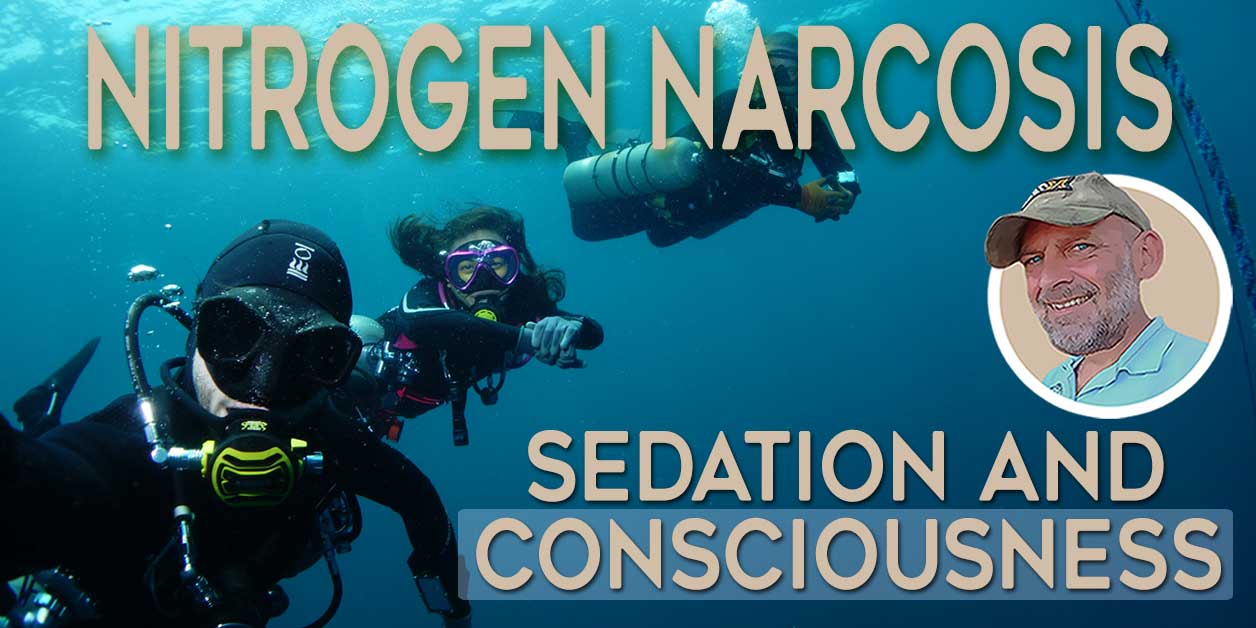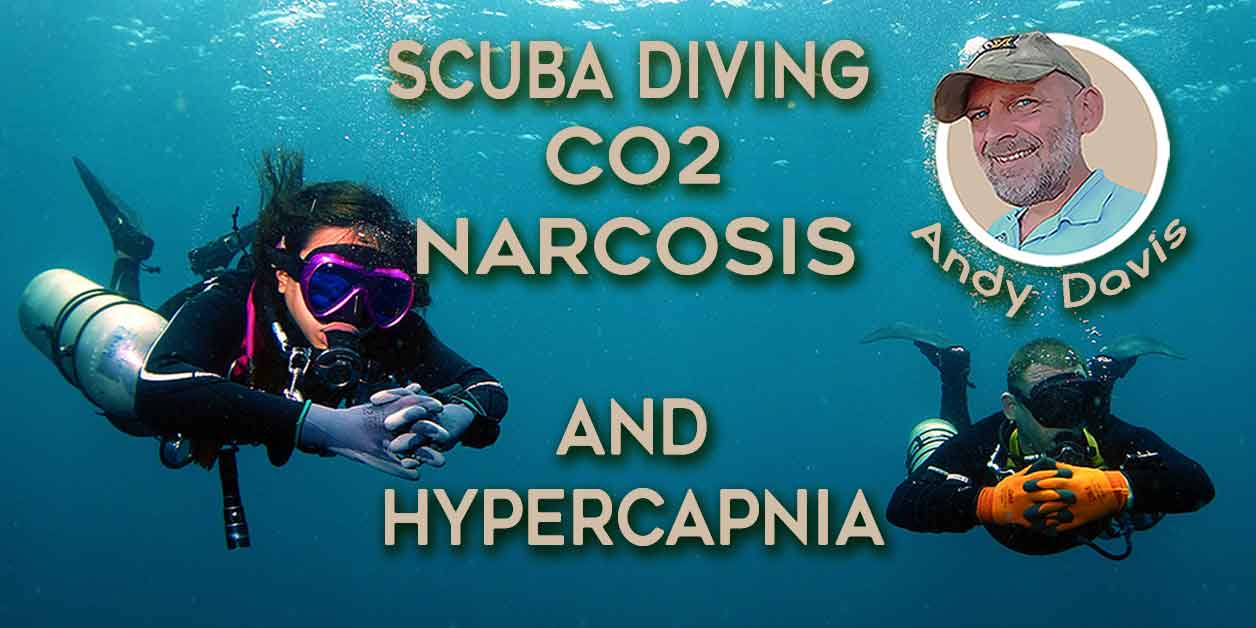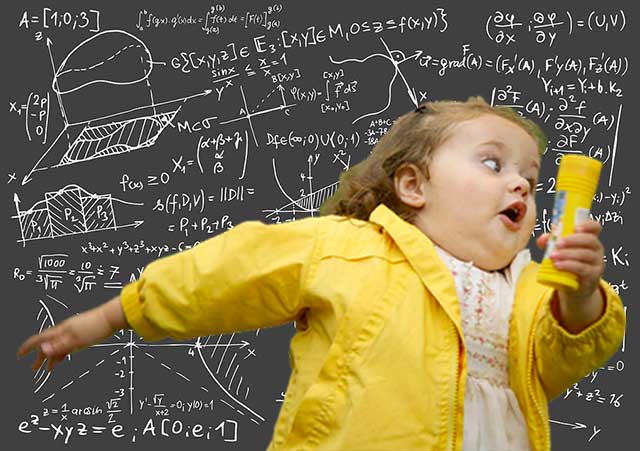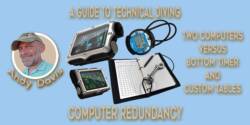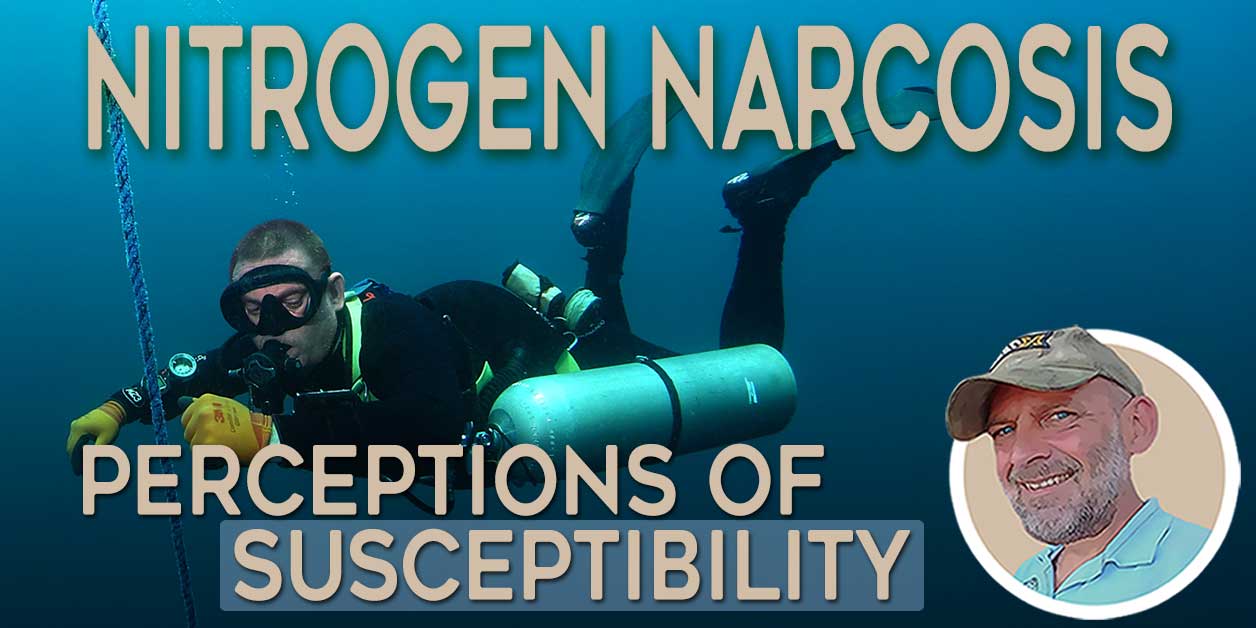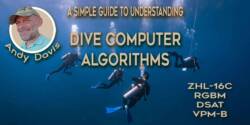Why Do I Feel Tired After Diving?
Scuba diving is a blissful and relaxing activity enjoyed by millions of people. However, many scuba divers can relate to feeling inexplicably tired after diving. Even dive professionals struggle to explain why it is common to feel sleepy after diving.
In this article, I will provide a scientific explanation for post-dive fatigue. In doing so, you will learn how to avoid this common problem. Keep reading and learn how you can start feeling vital and energetic after scuba diving!
Is it normal to feel tired after diving?
No. You should not feel tired after diving.
Don’t dismiss feeling tired after diving as a normal experience. Many divers assume post-dive fatigue is due to cold or exertion on a dive. However, we understand that taking a cold shower doesn’t make you sleepy. Neither does a hard workout in the gym.
If you find yourself inexplicably fatigued, malaised, or sleepy after diving then it can be due to ‘decompression stress’.
What can make you feel tired after diving?
There are a number of factors that can contribute to you feeling tired after diving. You have to be realistic about whether those factors are likely to have a strong physical effect on you during your dive.
Common explanations for feeling tired after diving include:
- Thermal stress: getting cold burns calories
- Exertion: hard physical work burns calories
- Anxiety: intense stress burns calories
- Sickness: being seasick makes you tired
Be honest about whether those factors would be significant enough to account for the level of tiredness that you experience after diving.
- Scuba diving is normally sedate and relaxing. You shouldn’t be exerted and breathless on a normal dive.
- Typically, you’ll consume fewer calories on a scuba dive than when light jogging.
- Being slightly chilled for a short while doesn’t deplete your energy.
- High levels of stress consumes mental energy to exhaust you are very obvious.
- If you are seasick, you won’t attribute tiredness to your dive.
Very rarely will those factors be severe enough to explain why you feel excessively tired after diving. However, there is a very likely alternative. It is possible you have decompression stress.
Feeling tired after diving may be decompression stress
There is a scientific explanation for feeling inexplicably tired after diving. It has to do with creating small nitrogen bubbles that trigger your immune system. That issue is known as decompression stress.
What is decompression stress?
Decompression stress is theorized to be a physiological effect that arises from too many micro-bubbles forming in your body on an ascent.
Micro-bubbles are tiny bubbles that are too small to cause you physical injury or be diagnosed as decompression sickness (DCS).
However, large numbers of micro-bubbles are believed to trigger an immune response in the body. Your body reacts to bubbles as a foreign invader, so your white blood cells are fooled into swarming to attack them.
However, your immune system can do nothing about micro-bubbles. Luckily, they quickly disappear by themselves soon after you surface from your dive.
As a result, your immune response has to switch itself off. As part of that shut-down process, there is a flood of hormones released into the body. One of those hormones is serotonin and it makes you feel tired and sleepy.
What are the symptoms of decompression stress?
Decompression stress is considered a sub-clinical form of DCS. The following symptoms after diving are indicators of decompression stress:
- Feeling inexplicably tired
- Sleepiness
- Lethargy and low-energy
- A general feeling of malaise
- An unusual decrease in vitality
Importantly, those post-dive symptoms should not have an obvious cause. If you hadn’t slept well the night before diving, you might expect to feel tired. Likewise, if you had skipped breakfast, it might explain why you experienced low energy after a scuba dive.
What causes micro-bubbles to form when diving?
A small number of nitrogen micro-bubbles form during ascent on every scuba dive you conduct. Our dive computers are only programmed to avoid large, harmful, bubbles from forming. They are not concerned with small bubble and whether you feel tired after diving.
However, a small number of micro-bubbles do not provoke a strong immune reaction. A large amount of micro-bubbles are needed to cause decompression stress.
The following bad diving habits allow larger amounts of micro-bubbles to form:
- Too fast ascents
- Too slow ascents
- See-saw dive profiles
- Repetitive dives
- Poor buoyancy control on safety stops
- Skipping safety stops
- Popping up to the surface quickly after safety stops
Additionally, any of the normal precursors for decompression sickness will increase the number of micro-bubbles forming in your body during ascent:
- Dehydration
- Getting cold on a scuba dive
- Heavy exertion during a dive
- Having a Patent Foramen Ovale (PFO)
- Certain stages of the menstrual cycle
- High BMI through fat-biased body composition
How to prevent feeling tired after diving
The good news is that you don’t have to feel tired after diving anymore! Follow these simple steps to ensure that you maintain your vitality and energy after scuba diving:
Use nitrox
One of the least understood benefits of nitrox when scuba diving is that it reduces micro-bubble formation during ascent. In turn, this can reduce decompression stress and stop you from feeling tired after diving.
Conduct better safety stops
Safety stops allow nitrogen to leave your body before you surface. In turn, this can prevent excess amounts of micro-bubbles from forming. The quality of your safety stops makes a big difference. For that reason, follow these tips:
- Conduct safety stops with accurate buoyancy: Pressure fluctuates more in shallower water. Improve your buoyancy control so that you stay within 50cm (1.5ft) of your planned safety stop depth.
- Use additional safety stops: The arbitrary 5m (16ft) stop for 3 minutes isn’t necessarily the best option. Consider adding further stops to reduce the speed of pressure change on your body. On deeper dives, it is a great idea to spend one minute at 9m (30ft). Also, add a couple of minutes at 3m (10ft) to reduce feeling tired after diving.
- Ascend very slowly from your safety stop: After you have finished your safety stop, ascend very slowly to the surface. You should aim for a maximum ascent rate of 3m (10ft) a minute. For example, try to spend at least 1–2 minutes between the safety stop and the surface.
Ascend at the optimal speed
Ascend at the optimal speed of 9m (30ft) per min between the bottom and your safety stop. Definitely don’t ascend faster. However, you should also avoid crawling up to the surface at a slower speed. Too slow ascents from depth are proven to increase bubble formation.
It is very counter-intuitive to consider that slow ascent speeds would cause more bubbles. The DAN study below illustrates that a slow ascent rate of 3m (10ft) per minute causes significantly more bubbles than ascending at 9m (30ft) per minute.
Use square dive profiles
Changes in pressure cause micro-bubbles to form. For that reason, aim to avoid unnecessary changes in pressure during your scuba dives:
- Improve your buoyancy control to prevent unnecessary depth fluctuations
- Maintain a consistent depth.
- Be aware that pressure change is more severe at shallower depths.
- Don’t conduct bounce dives (yo-yo dives)
- Don’t conduct saw-toothed profile dives.
Increase your surface intervals
You will have micro-bubbles inside your body after your first dive. Consequently, it is important to allow ample time for those bubbles to disappear before you dive again. Additionally, waiting longer before your next dive allows more nitrogen to leave your body. In turn, you will produce fewer micro-bubbles on the subsequent dive.
For those reasons, your surface interval between dives should be at least one hour. Ideally, you should wait longer. As a result, you won’t feel as tired after diving.
Descending with micro-bubbles remaining in your body does not get rid of them. They will crush in size as you descend, but more nitrogen will go inside them. As a result, they’ll re-grow even larger as you ascend.
Limit repetitive diving
When you go on a scuba diving vacation it is tempting to cram in as many dives as possible each day. However, you are taught during open water diver certification that this causes residual nitrogen to accumulate. In turn, that residual nitrogen causes more micro-bubbles to form on subsequent dives as you ascend.
Limiting the number and depth of your dives will prevent decompression stress. Instead of feeling tired after diving, you will better enjoy your vacation evenings. Furthermore, you won’t feel fatigued and exhausted after diving for a couple of days.
Improve your hydration
When you are dehydrated your blood thickens. This reduces your ability to get rid of nitrogen. In turn, you will produce more micro-bubbles as you ascend.
Active hydration is important when you dive. This is especially true when you are on a scuba diving vacation in a tropical destination.
You don’t need to feel tired after diving
In conclusion, feeling tired after diving isn’t normal. Post-dive fatigue can often be attributed to decompression stress. This arises due to the formation of tiny bubbles in the body as you ascend. You may have decompression stress if you feel lethargic, fatigued, sleepy, or malaised after diving. Importantly, these symptoms are not something that you have to put up with as a scuba diver.
To stop feeling tired after diving, you can take several precautions:
- Perform more effective safety stops
- Ascend at the optimal speed
- Minimize depth fluctuation
- Take longer surface intervals
- Limit repetitive diving
Do remember that using nitrox is helpful in reducing micro-bubble formation. Also, consider that your diving computer only plans to keep you safe from large, harmful, bubbles.
Follow the simple but effective measures described in this article and you can avoid feeling tired after diving. Instead, start enjoying a more energetic and revitalized dive experience!
References about feeling tired after diving
- Subclinical DCS, Decompression stress, and post-dive fatigue
- The best ascent speed for scuba diving
- The three benefits of nitrox for scuba divers
About The Author

Andy Davis is a RAID, PADI TecRec, ANDI, BSAC, and SSI-qualified independent technical diving instructor who specializes in teaching sidemount, trimix, and advanced wreck diving courses.
Currently residing in Subic Bay, Philippines; he has amassed more than 10,000 open-circuit and CCR dives over three decades of challenging diving across the globe.
Andy has published numerous diving magazine articles and designed advanced certification courses for several dive training agencies, He regularly tests and reviews new dive gear for scuba equipment manufacturers. Andy is currently writing a series of advanced diving books and creating a range of tech diving clothing and accessories.
Prior to becoming a professional technical diving educator in 2006, Andy was a commissioned officer in the Royal Air Force and has served in Iraq, Afghanistan, Belize, and Cyprus.
In 2023, Andy was named in the “Who’s Who of Sidemount” list by GUE InDepth Magazine.
Purchase my exclusive diving ebooks!
Post-dive fatigue FAQ
Many divers report feeling tired after diving. This can be due to cold, exertion, anxiety, or seasickness. However, the most common cause is decompression stress from bad diving practices.
Improper diving practices can lead to decompression stress that makes you feel tired, sleepy, or malaised after diving. Alternatively, symptoms of joint pain, rash, numbness, or dizziness may indicate decompression sickness (DCS).
Inexplicable tiredness after diving is often due to decompression stress. Unideal diving practices cause large numbers of micro-bubbles. In turn, those provoke your immune system. Part of that response is the release of hormones, like serotonin, that make you feel sleepy and fatigued.
Your body still contains excess nitrogen after a scuba dive. As such, there is a residual risk of DCS. Avoid any activity that changes your circulation and increases DCS risk. This includes hot saunas, showers, and jacuzzis within a few hours of scuba diving.
Your body still contains excess nitrogen after a scuba dive. As such, there is a residual risk of DCS. Avoid physical exertion for several hours after diving because it increases DCS risk.
Ascending from a scuba dive creates tiny bubbles in your body. Those bubbles cause you to feel sleepy after diving. Minimize the number of small bubbles by using nitrox and applying optimal diving practices.
Originally posted 2019-02-22 12:20:48.


